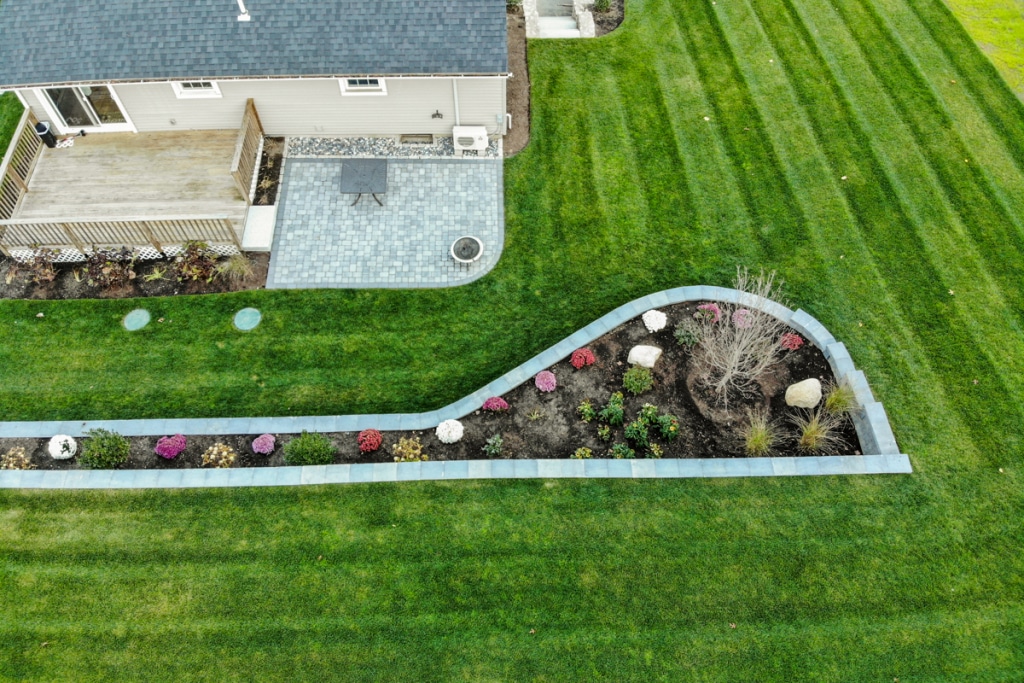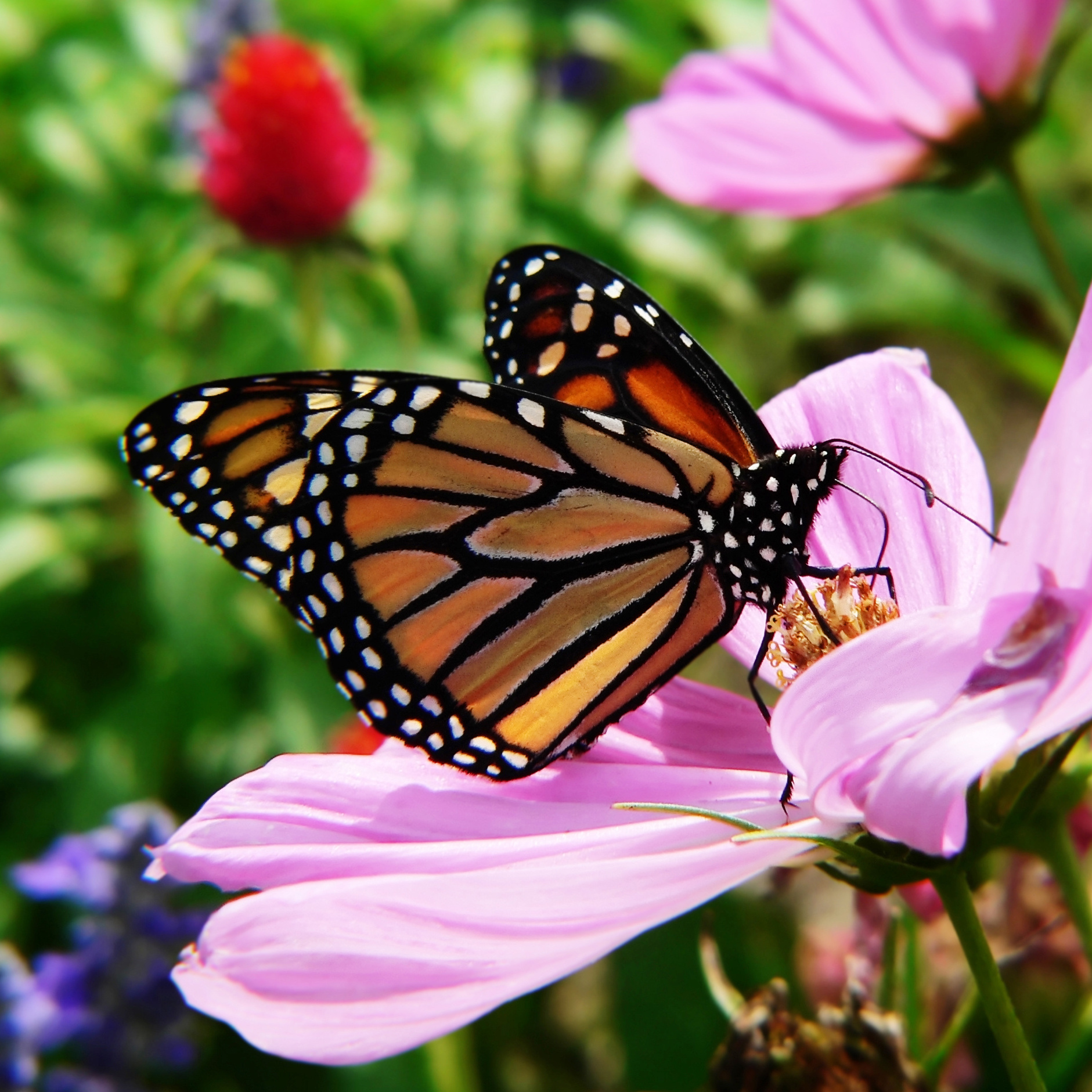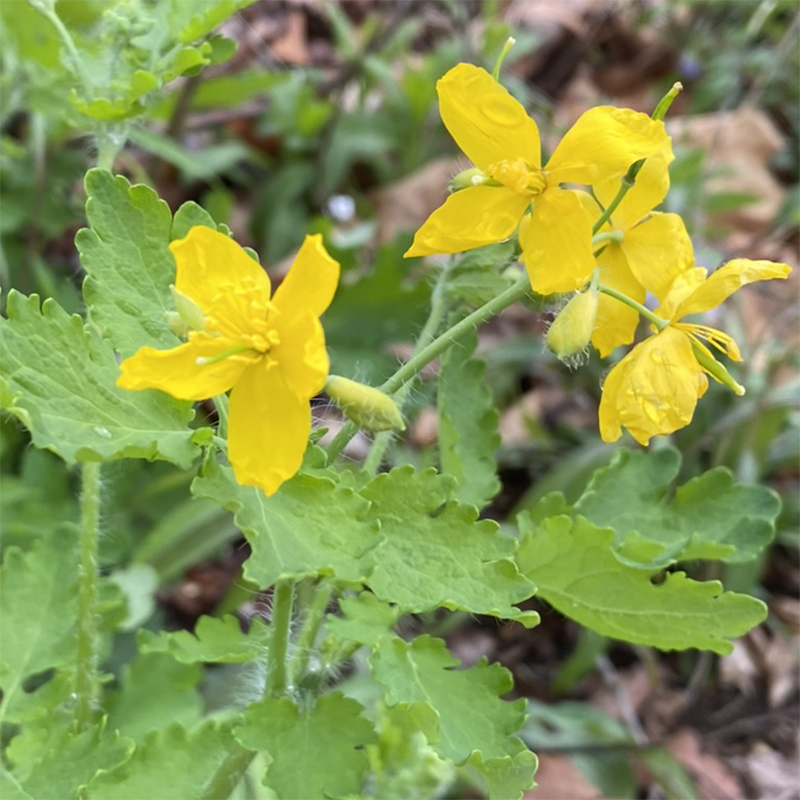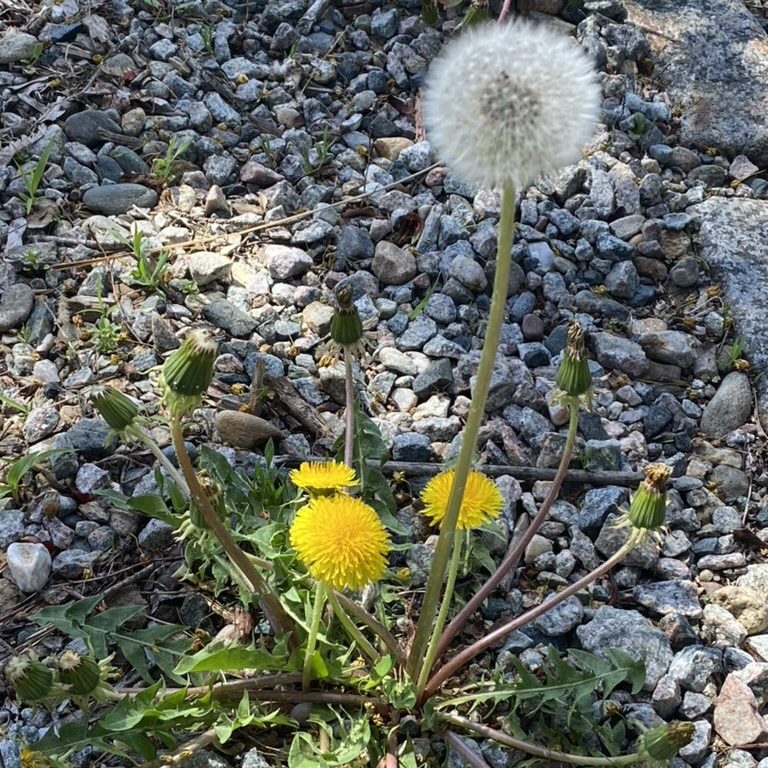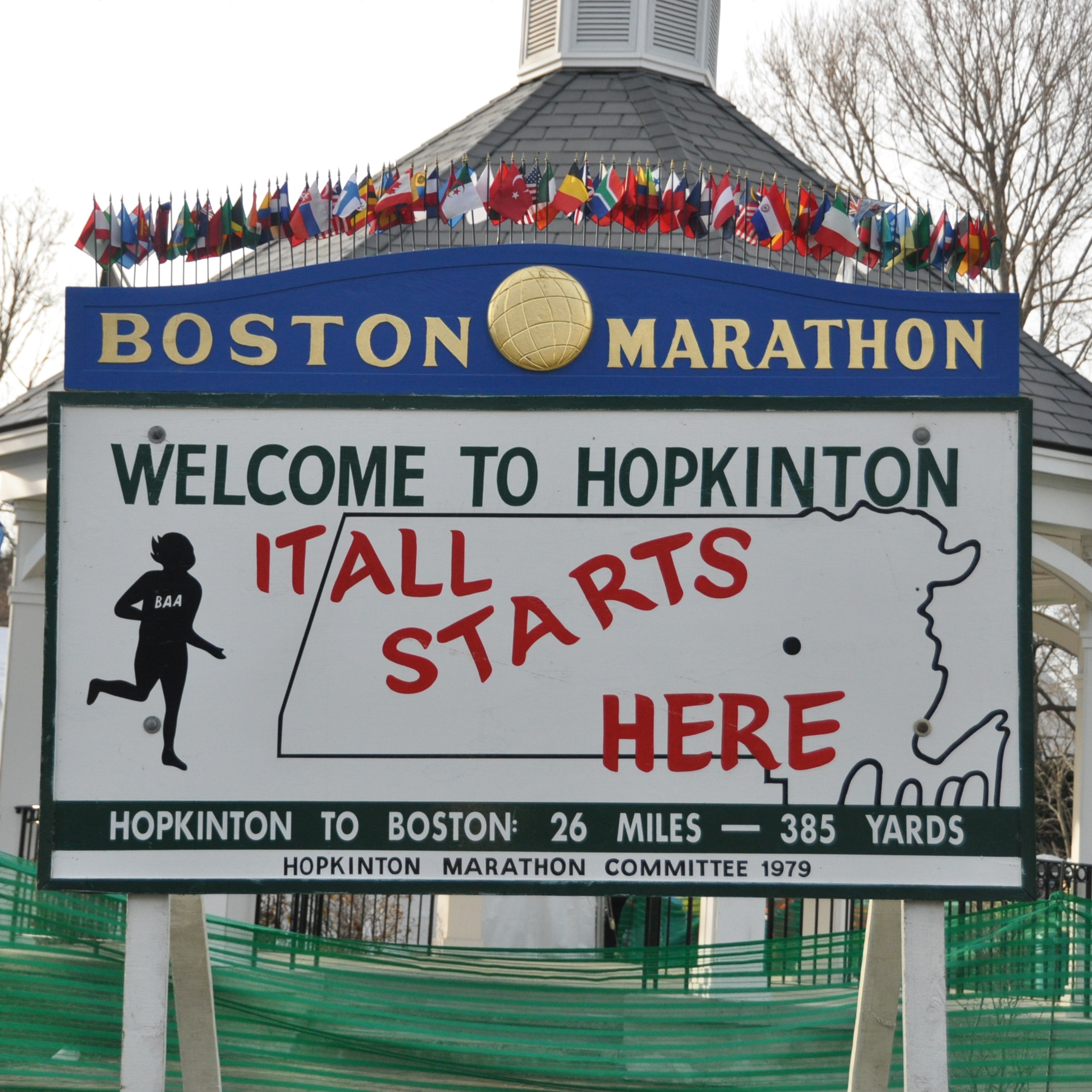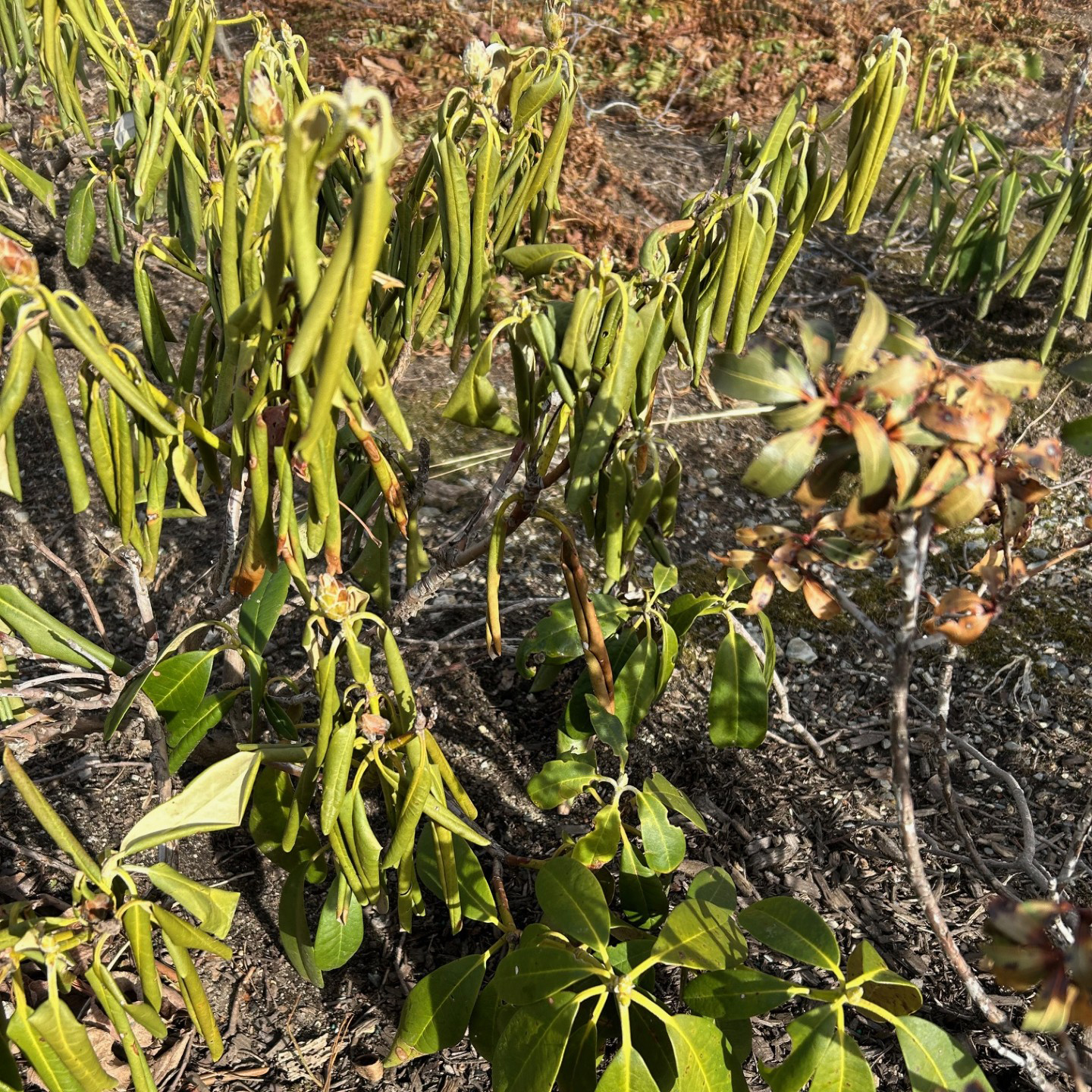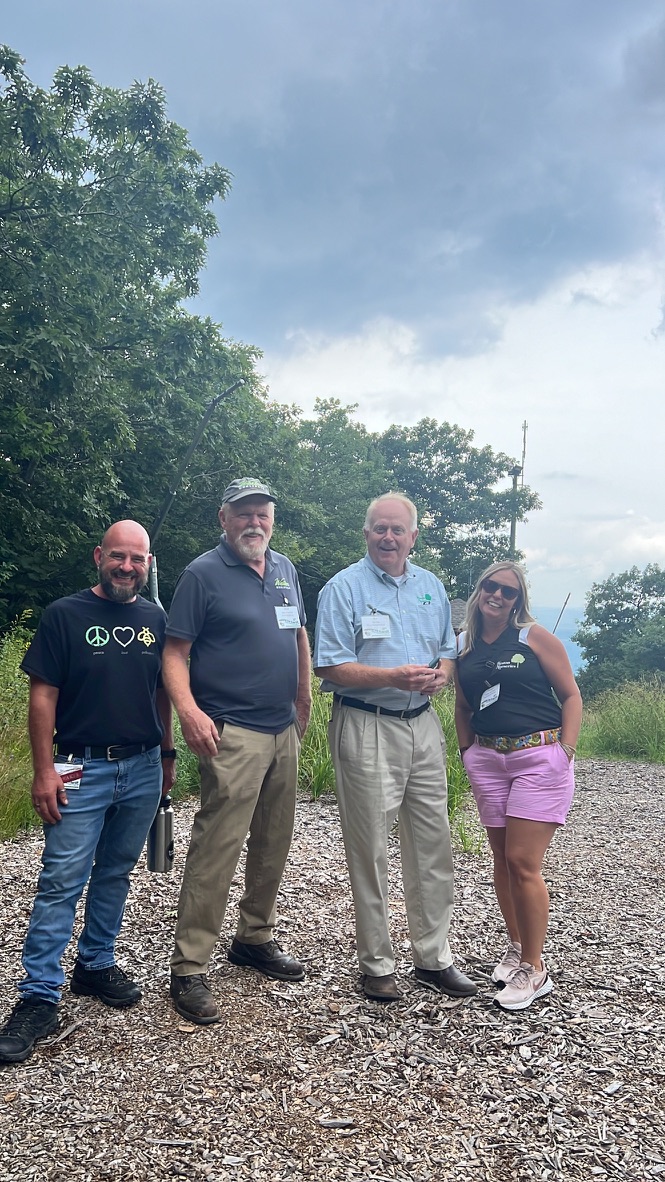
As hard as it is to admit publicly, I have always been wildly attracted to turf. Wide swaths of finely manicured, un-natural, high maintenance turf grass. Who can resist the sensory pleasures that a freshly mown lawn evokes? Unfortunately, the traditional all-
American lawn seems to have its fair share of critics.
It has recently come under fire as being environmentally irresponsible and resource wasteful. Too many chemicals, pollution, in cahoots with the fossil fuel industry.
You would think that the fertilizer companies and their accomplices in the lawn care industry had committed high crimes in promoting 4 step programs and natural turf athletic fields. Even some horticulturists have had their doubts. One noted somewhat derisively that “lawn care has about as much to do with gardening as floor waxing.”
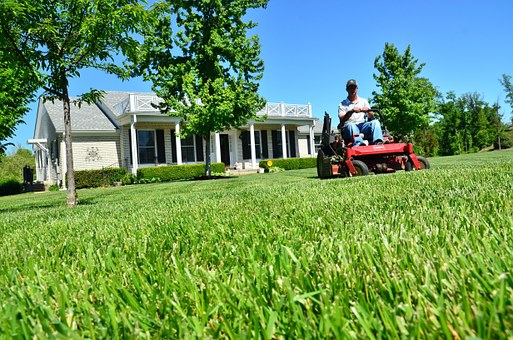
Ouch! Certainly, some of the criticism has been well deserved. The lawn care industry has been slow to evolve in recognizing some of the limitations of strictly chemically based programs and in responding to the concerns of environmentalists and others. But led by forward-looking, responsible companies such as Jonathan Green (“The New American Lawn”), a more sensible, agronomically sound, science based approach to growing and maintaining turf has emerged. This focuses on better soil management, nutrition, and the very targeted use of the problem solving synthetic products.
Lawns have been an important part of the American landscape since we borrowed and later democratized the idea from the British aristocracy. When done well, they can beautify neighborhoods and increase the value of real estate. (curb appeal anyone?) We find them to be psychologically comforting and stress reducing. When maintained properly turf will purify water moving into the aquifer, break down pollutants, and prevent erosion and run off.
It improves air quality, reduces carbon dioxide levels, and provides natural air conditioning on those hot summer days. Lawns lessen solar glare, absorb sound and can reduce noise pollution. And children playing on natural turf athletic fields are less prone to sports injury and are not exposed to potentially harmful by products from an artificial synthetic playing surface.
With over 50 million acres of turf being managed in the U.S. (residential and recreational), Americans will spend nearly $30 billion annually in this sector of the economy. Weston Nurseries’ humble goal is to help consumers see that this money is spent wisely on lawn programs that are reasonable, that get the right results, and that are environmentally sound. Developing a maintenance plan that is sensible and research based, I am convinced that the home lawn, a great American tradition, can find redemption. After all, your lawn deserves a little love and respect.

